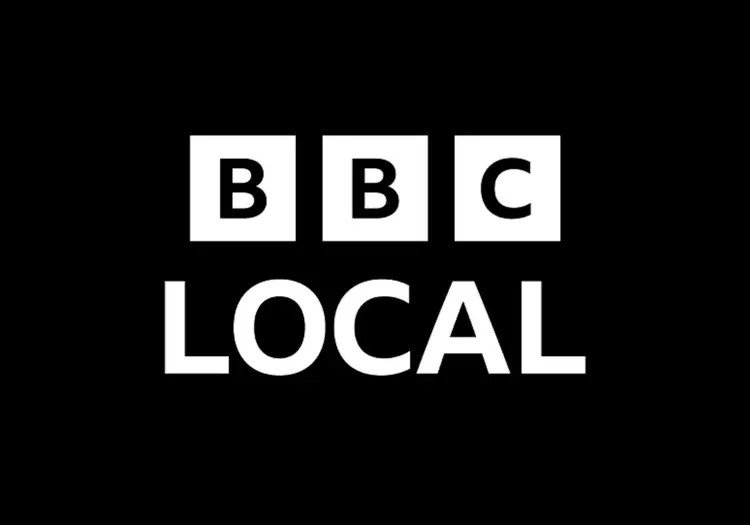Ofcom Expresses Concern about Local Radio Changes in New BBC Operating Licence

Ofcom is worried about certain modifications to the way Local BBC Radio shares its programs that are set to happen in the future.
Kevin Bakhurst, Ofcom's Group Director for Broadcasting and Online Content, expressed concerns about the lack of specific details regarding the kind of content that will be shared over extensive regions and how it will remain pertinent to viewers in a letter addressed to Clare Sumner, the Director of Policy at the BBC, under the updated Operating Licence agreement.
He emphasized that the present strategies involve distributing a single program to regions as immense as Norfolk and Dorset during periods when sports events are not aired in the evening.
According to the BBC's new Operating Licence, they will have to release additional details about their methods for providing unique, superior content and services to audiences throughout the United Kingdom. Ofcom will be closely monitoring the BBC's progress in this aspect, and they aim to fund new studies to improve their comprehension of what local services audiences require and appreciate.
According to Ofcom, if it comes across any issues with the BBC's production of content relating to specific areas, it will review if there is a need to impose additional conditions to the Operating Licence.
The governing body has issued a caution to the BBC that if there are any additional alterations in the future, it anticipates being informed of them ahead of time.
People are worried about the developments happening at BBC Radio in Northern Ireland. The BBC informed Ofcom that they have made a decision to change the timing of the 30-minute weekday news show to 8:30 am instead of its current timing during lunch hour, following feedback. Furthermore, they have also made it clear that they plan to keep the hourly news bulletins on Radio Foyle until 3 pm on weekdays.
Apart from the radio service, BBC has announced that they will improve their digital news reporting in Northern Ireland, specifically in the region covered by BBC Radio Foyle.
The BBC's latest Operating Licence will become effective on April 1st, 2023. This new Licence includes its obligations to uphold its promises concerning local radio in England, such as covering news and travel, providing updates on significant incidents and sudden news, and contributing to local democracy.
The organization anticipates that the BBC will continue the requirement in the license to have all content be spoken during peak breakfast hours on local radio in England.
The BBC has over 70 restrictions implemented, even at their top radio and TV channels.
There are certain criteria that need to be met, which include:
BBC Radio 1 needs to ensure that at least 45% of the tunes they play during the Daytime segment are from musicians who hail from the United Kingdom. They also need to make sure that at least half of the music played during this part of the day is new to their listeners. Much of these new tunes should stem from up-and-coming artists from the UK. Finally, they must provide a total of 3,129 hours of expert music each year.
Regarding Radio 2, the BBC is obligated to make certain that a minimum of 40% of the tunes played during Daytime are from British performers. Additionally, they are required to feature at least 20% New Music during Daytime, with a substantial amount coming from new and up-and-coming British musicians. Every year, the BBC must broadcast at least 68 hours of live music or brand-new recordings (excluding repeat performances), and they must also make available at least 1,100 hours of music programmes that cater to specific genres.
BBC Radio 2 should carry on broadcasting a wider variety of songs than other similar services.
When it comes to BBC Radio 5 Live, the BBC has to make sure that they provide live commentary on a minimum of 20 different sports every year.
Additionally, there are responsibilities in regards to reporting current events, producing informative films, creating works of art, and promoting charitable causes.
The license now has brand-new rules for the BBC's online offerings like BBC Sounds, BBC iPlayer, and the BBC website. These online services are vital for the BBC to reach more people.
According to Ofcom, they will closely watch and assess the effects of any modifications to BBC News, regional radio in England (such as sharing of programs), and regional radio in the Nations. If the requirements of the audience are not being fulfilled, Ofcom will intervene and enforce more license restrictions.









































